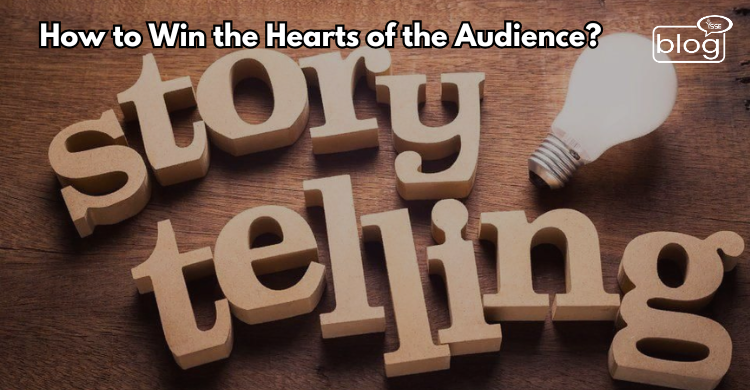There’s a common misconception that only writers are good storytellers, but in reality, we have all told stories since the beginning of time or even as young children. Have you ever witnessed a youngster who doesn’t share stories?However, many people lack storytelling skills or are unaware of their own storytelling needs. We will learn the value of storytelling today, as well as how to become a better storyteller.
What is storytelling?
The creative method of revealing a story’s elements and images through words and actions while stimulating the listener’s imagination is known as storytelling.
What makes telling stories important?
Storytelling is one of the best ways to engage your audience and stakeholders.
We are more engaged when we hear stories because, in contrast to dry facts, they hold the audience’s interest. Stories stirred feelings, which facilitated a closer bond. A compelling narrative has the power to make everything unforgettable.
Imagine a horror story being told around a campfire that has everyone enthralled. That story will make you nervous. Why is that story so captivating? The way the story is interwoven with compelling characters, an engrossing conflict, and a satisfying resolution is more important than the plot alone, even though it is a horror tale. You must comprehend these essential elements to learn how to tell a story and how they combine to produce an engaging narrative.
- Strong Characters
To guarantee excellent character development, create characters with distinct objectives.
- Captivating Storyline
Establish the scene and present the main issue or conflict that the narrative revolves around.
- Clear Framework
Decide how you will tell your story and divide it up. Make sure the story’s beginning, middle, and end are all balanced.
- Words That Describe
To help the reader or listener visualize, use precise descriptions.
- Opinion
The story’s objective is served by the point of view.
- Edit
Editing a story is completely different from writing one.
Who doesn’t love a good story? People love stories, especially ones that are engaging and relatable and evoke a strong emotional response. Whether it’s telling ghost stories gathered around a campfire or launching a content marketing initiative, the goal is always the same: to grab your audience’s attention. Effective storytelling is a key ingredient.
How to Make Your Storytelling As Powerful As Possible
- Use specific details
It would be boring, lifeless, and forgettable if the story about the patient’s timely visit only described how she was able to avoid a significant (but unidentified) issue. It would have no effect whatsoever. However, the story would become much more compelling and engaging if the dentist discussed specific topics like deep cavities, abscesses, root canals, and the difference between the cost of a single check-up and the cost of surgery and numerous follow-up appointments.
- Make it personal
Recall the first-person ad Caples wrote about the piano player. That personal victory was one of the reasons it was so successful. Because it helps them get to know, like, and trust you, people react better to personalized content. Make stories more intimate by understanding the problems and annoyances of your audience and narrating them in a way that demonstrates your empathy and connection to them when using the second-person (“you”) and third-person (“he”) points of view.
- Keep it sharp, clear, and concise
Cutting lengthy stories to their essential elements improves them. This keeps you from getting sidetracked, keeps the story’s action moving along at a steady pace (which keeps your audience interested), and keeps the story on track to begin with.
Your stories will have emotional resonance in addition to being memorable, which will strengthen the persuasiveness and appeal of your message. You’ll discover that your presentations get more interesting and your audience more enthralled as you keep improving your storytelling abilities.
To read more blogs like this, click here
Writer
Mafroha Somiya
Intern, Content Writing Department
YSSE

